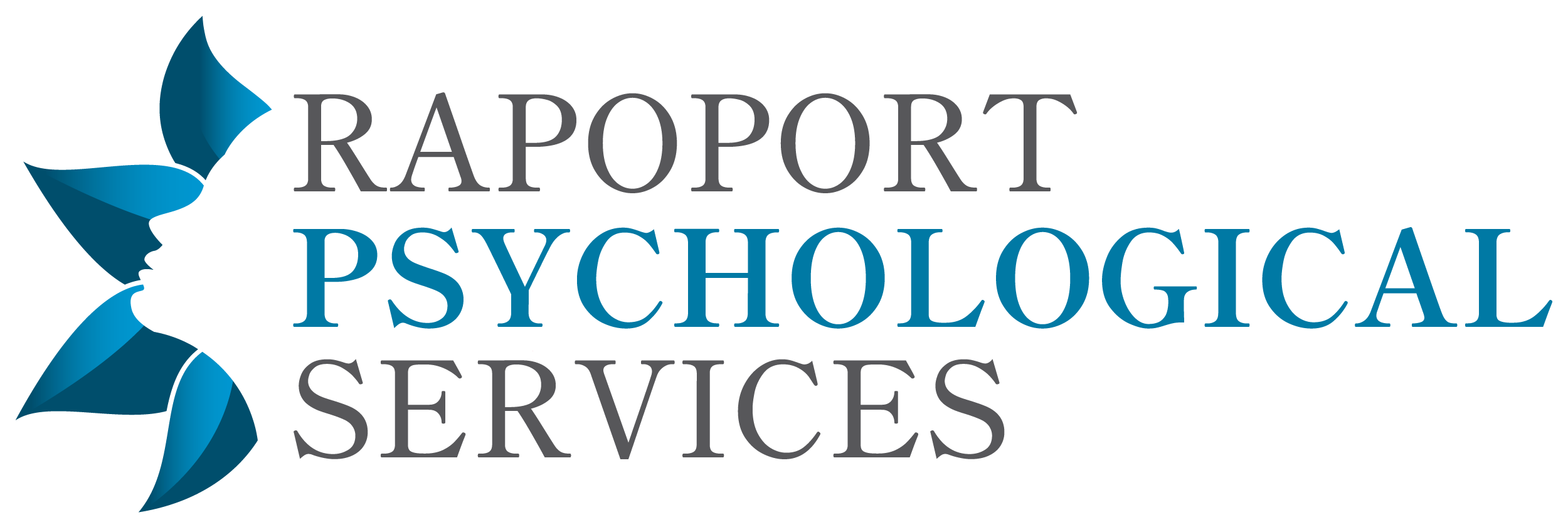How Neuropsychological Testing Can Help Your Child Learn Better (and What to Expect)
If you're a parent who's been watching your child struggle with learning, focus, or behavior—and you're getting vague answers like “they’ll grow out of it” or “just give it time”—you're not crazy for wanting more.
You *deserve* more. So does your child.
This is where neuropsychological testing steps in—not as a label factory or a fast track to a diagnosis, but as a deep dive into how your child learns best.
Let’s break down what it actually is, why it matters, and how it can be the game-changer your child (and you) didn’t even know they needed.
What *Is* Neuropsychological Testing?
Think of it like a full-body MRI… but for your child’s brain and learning systems.
It’s not just about IQ scores or checking for ADHD. Neuropsychological testing looks at the whole picture:
✅ Cognitive abilities (like memory, attention, and processing speed)
✅ Academic skills (reading, writing, math)
✅ Language and communication
✅ Executive functioning (think planning, organizing, staying focused)
✅ Social and emotional functioning
In other words, it answers:
What’s getting in the way of your child’s learning?
What are their strengths? Where do they need support?
And most importantly: What do we do next?
Why It Matters (a Lot More Than You Might Think)
Here’s the unfortunate reality: so many kids go YEARS being misunderstood.
They get labeled “lazy,” “defiant,” or “distracted.” But in reality? They’re overwhelmed, under-supported, and working twice as hard just to keep up.
Neuropsych testing pulls back the curtain. It gives parents, teachers, and therapists the data and insight to stop the guessing game and finally create a support plan that actually fits.
It’s not about diagnosing for the sake of it.
It’s about clarity. Confidence. A path forward.
What to Expect from the Process
I know—it can sound intimidating. So let me walk you through what it actually looks like when you work with a licensed psychologist like me.
1. The Parent Intake & History
We start with a deep dive into your child’s developmental, medical, educational, and emotional background.
2. Testing Days (yes, multiple)
Your child will complete a series of age-appropriate tasks and assessments.
3. Data Analysis & Interpretation
I synthesize the results, look for patterns, and build a clear picture of your child’s learning profile.
4. The Feedback Session
You’ll go over the findings in plain English.
5. A Written Report & Action Plan
You’ll walk away with a comprehensive, clearly written report that serves as a roadmap.
How It Can Help *Your* Child Thrive
Neuropsych testing can uncover:
- Undiagnosed ADHD, learning disabilities, or anxiety
- Giftedness or twice-exceptional profiles
- Language processing or executive function challenges
- The real reason behind school refusal, meltdowns, or lack of motivation
Once you know what you’re dealing with, you can stop blaming yourself or your child and finally start building the supports that actually help.
Bottom Line
You’re not overreacting. You’re not imagining it. And you’re definitely not alone.
If your gut is telling you something’s off, trust it.
Getting your child tested doesn’t mean there’s something wrong with them—it means you’re ready to understand how they’re wired and how to support them with confidence.
If you’re ready to stop spinning your wheels and start getting real answers, schedule a consultation here. I’ll help you navigate this step by step.
Because every child deserves to be understood—not just accommodated.
And so do you.
